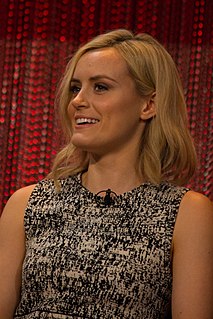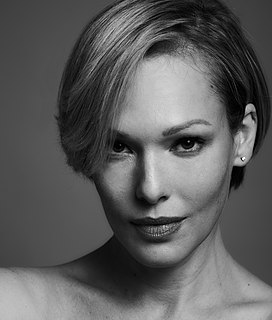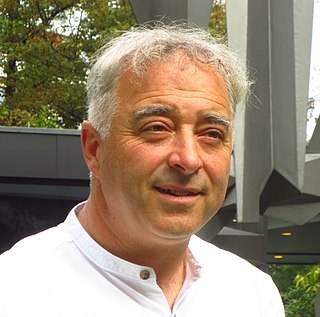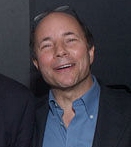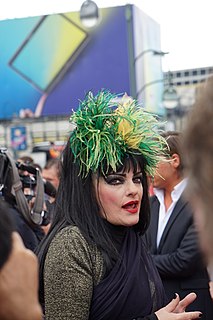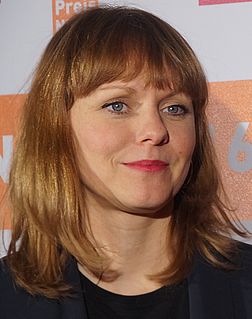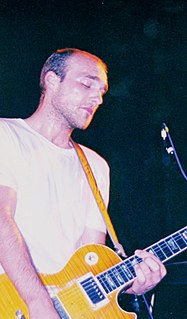A Quote by Ryan Gosling
I didn't want to make a literal film about Detroit, because it felt like what they were experiencing was more universal than that.
Related Quotes
It felt really nice to not have anybody talking about numbers, and no one is talking about ratings. From my experience, it felt like there was one person running the ship and it felt like there was space for Jenji to be at the helm. That's not what I've experienced in television before. It felt more akin to an interesting movie, where there were producers who were really excited by the work and wanted to make space for the director's vision to be sort of shared with an audience. It felt more cohesive.
We discovered this halfway through the process. When we started making the film there were some lines of dialogue in Portuguese, but we then changed our minds. The film started from very specific issues in the world, in particular Latin America, but halfway through the journey we felt the necessity to have more universal ideas that were not so specific.
For me, as a film goer, I like nothing more than to sit in the cinema, have the lights go down and not know what I'm about to see or unfold on-screen. Every time we go to make a film, we do everything we can to try to systematise things so we're able to make the film in private, so that when it's finished it's up to the audience to make of it what they will.
I always kind of aim with the action stuff to make it feel like, as an audience member, you're experiencing what the people are experiencing. As soon as you go into slow-mo or repeated edits, shooting it like it's a stunt, it takes it out of that reality. The more real you make that stuff, the more tense it will be.
There are more stars than there are people. Billions, Alan had said, and millions of them might have planets just as good as ours. Ever since I can remember, I’ve felt too big. But now I felt small. Too small. Too small to count. Every star is massive, but there are so many of them. How could anyone care about one star when there were so many spare? And what if stars were small? What if all the stars were just pixels? And earth was less than a pixel? What does that make us? And what does that make me? Not even dust. I felt tiny. For the first time in my life I felt too small.
If you make a film, that magic is not there, because you were there while shooting it. After writing a film and shooting it and being in the editing room every day, you can never see it clearly. I think other people's perception of your film is more valid than your own, because they have that ability to see it for the first time.
New media has made it possible for filmmakers like me to get their message out. No big Hollywood studios are needed anymore to make and release a film. More and more people are watching movies and television online than going to the movie theater because of costs. This freedom gives me the opportunity to create the film I want to be seen and heard.
For me, it was always clear that Toni Erdmann is more a film about what globalization, capitalism, does with private relationships much more than making a "political" film. It's more interesting to raise questions, because I don't feel in a position to "make a statement" with the film. Toni Erdmann comes from a completely different generation then his daughter, it's the post-war generation, they were very politically engaged. They raised their children with a lot of human worldviews, sent them out in the world believing in a world without borders.
I felt that we started to go through the motions. Our hearts weren't there. Because we were always working on the band, and it became more about selling records than about writing and being passionate. That's why I ultimately lost interest. I don't want to speak for everybody, but I personally started to lose interest because we were doing it for the wrong reasons. It became monotony and it just wasn't fun anymore. Yeah, an obligation.

